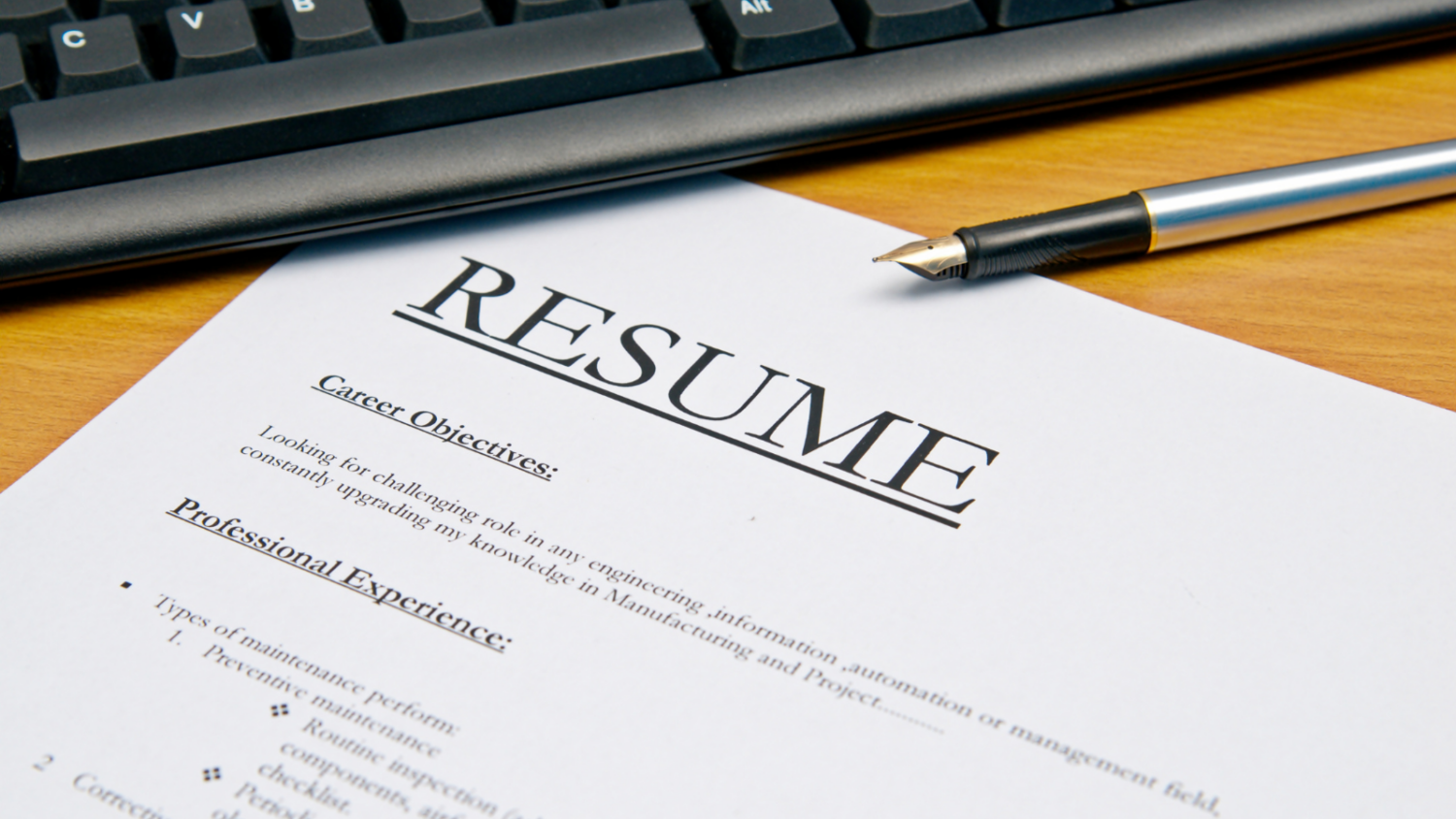As of Q2 this year, we have officially entered an employer-driven market. With thousands of qualified candidates on the market, it’s important to make yourself stand out. While each recruiter, hiring manager, or HR representative may approach hiring differently, it is more than likely that your resume is the first glimpse that they will get of you. Remember, you only get one chance to make a first impression, so here are 5 tips on how to make your resume stand out:
- Relevance. Closely read the job description and try to understand what skills are truly relevant to the role you’re applying for. If you possess what the company is looking for, extract the keywords from the job description and apply them directly to your resume. Pro-tip: You can even add relevant keywords at the top of your resume under a skills section. This will likely catch the reviewer’s attention and can make your resume easier to navigate. If you lack a certain skill, think of a similar skillset or experience that might be transferable to what the employer is looking for.
- Professional Summary. Start your resume with a summary about yourself. This allows you to showcase relevant information at the top of your resume and is the first thing that the reviewer will look at. Some things you can include in your professional summary include: your long-term goals, personal qualities or values, and a general summary of your background.
- Format. Make sure your formatting is clean and concise. What do I mean?
- Clean – Maintaining consistent font size, margins, and spacing allows your resume to look clean. Then, ensure that the grammar, punctuation, and perspective are consistent as well. Questions to ask yourself:
- Do I have periods at the end of every sentence or no periods at all? Either is fine, by the way!
- Are all my past duties in previous roles written in past tense and are my current responsibilities written in present tense?
- Am I using apostrophes to express a possessive noun and omitting it to express plurality?
- Am I consistently speaking in first or third person? It’s best to not use either.
- Concise – Are all the skills you acquired in your previous role relevant to the role you’re applying for? While it’s OK to leave nonrelevant information on your resume, make sure you’re not cluttering it; the reviewer may have a hard time gauging your main responsibilities. The format of your resume really depends on the role you’re applying for. It’s up to you to determine what might be most important to the employer.
- Clean – Maintaining consistent font size, margins, and spacing allows your resume to look clean. Then, ensure that the grammar, punctuation, and perspective are consistent as well. Questions to ask yourself:
- Key Achievements. Including relevant key achievements in your resume is a great way to truly tell an employer that you not only possess a desired skill, but that skill has accomplished or contributed to a larger organizational goal. Think of projects you led or have contributed to – how did this help your organization in the long run?
- Customization. We were all new to the job market at one point and sent the same resume to every opportunity that piqued our interest. However, each role and organization is unique and it is important to understand the technical skillset, culture fit, and background that the employer is looking for. Understanding these key points will help you customize your resume for each position you apply to, while keeping your resume relevant each time.
It’s a great start to have a general resume but following these 5 tips each and every time you apply to a unique role will help you tailor your resume to prove that you were made for the job. Happy job hunting and good luck!
